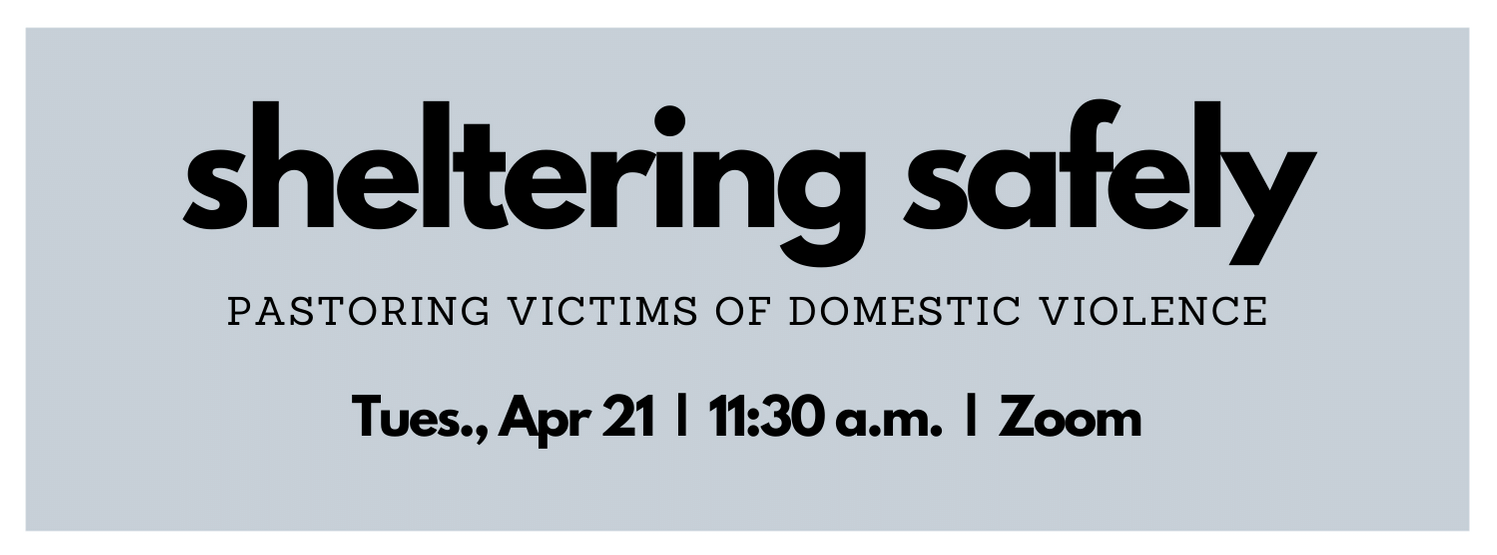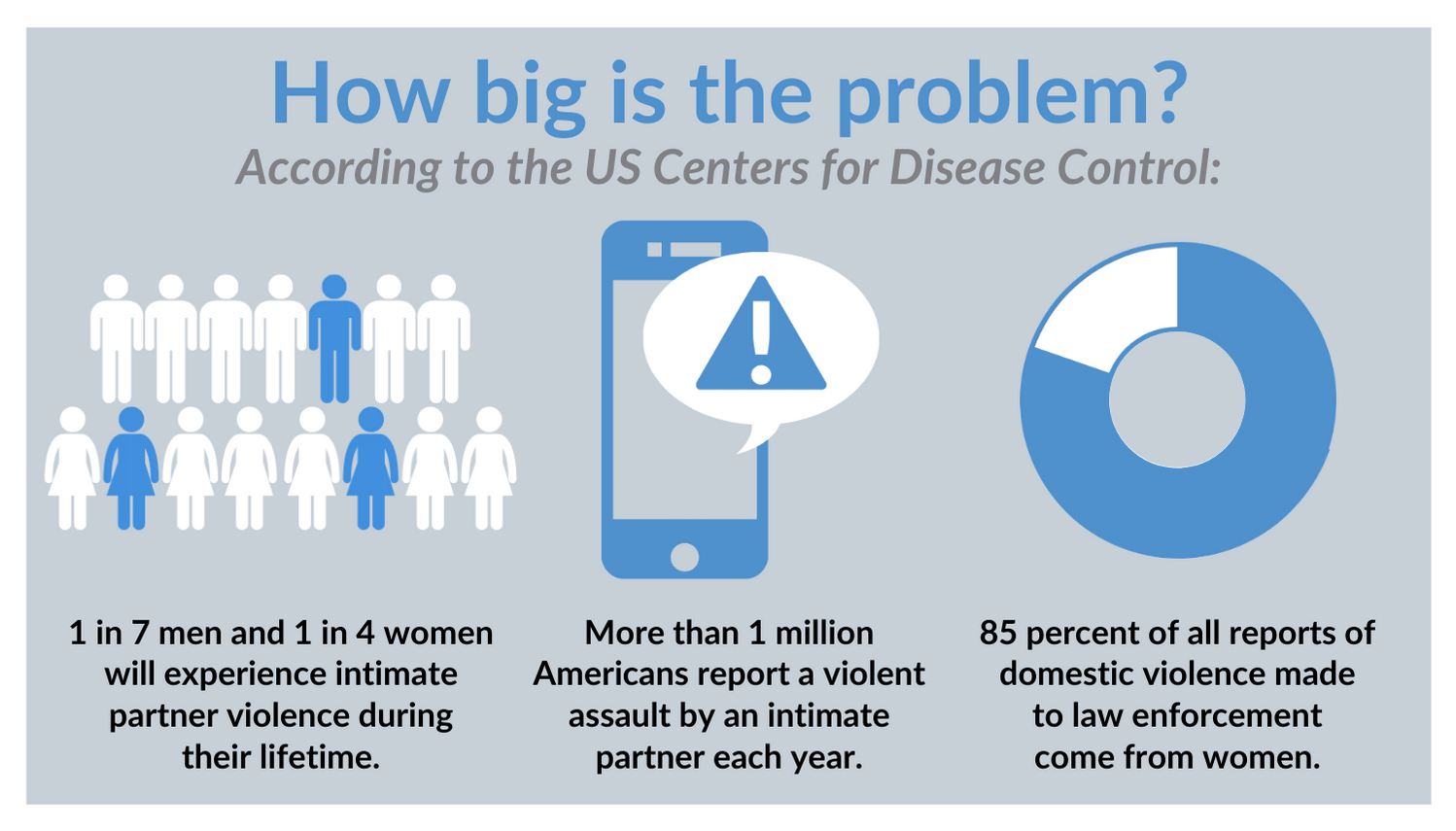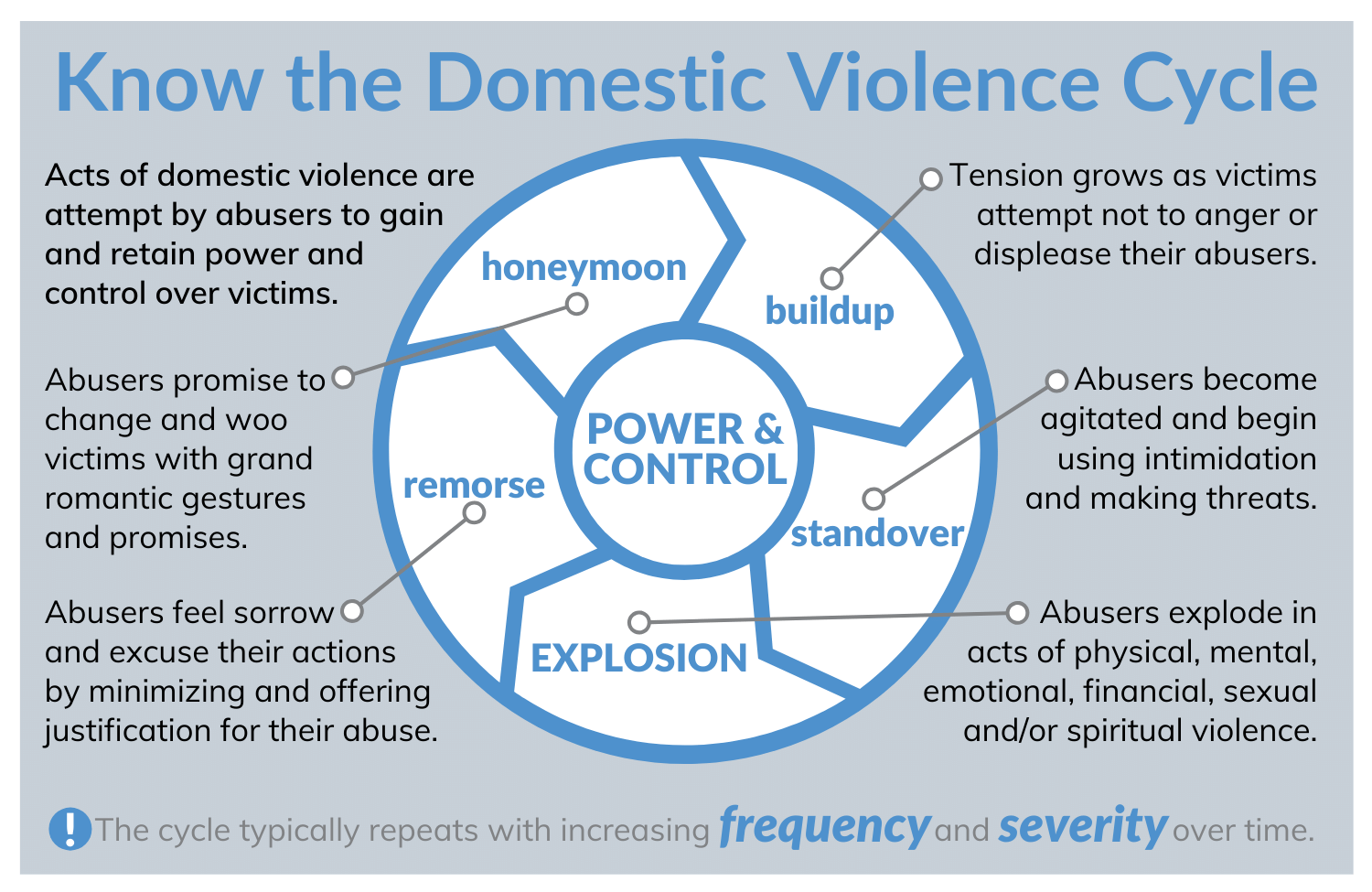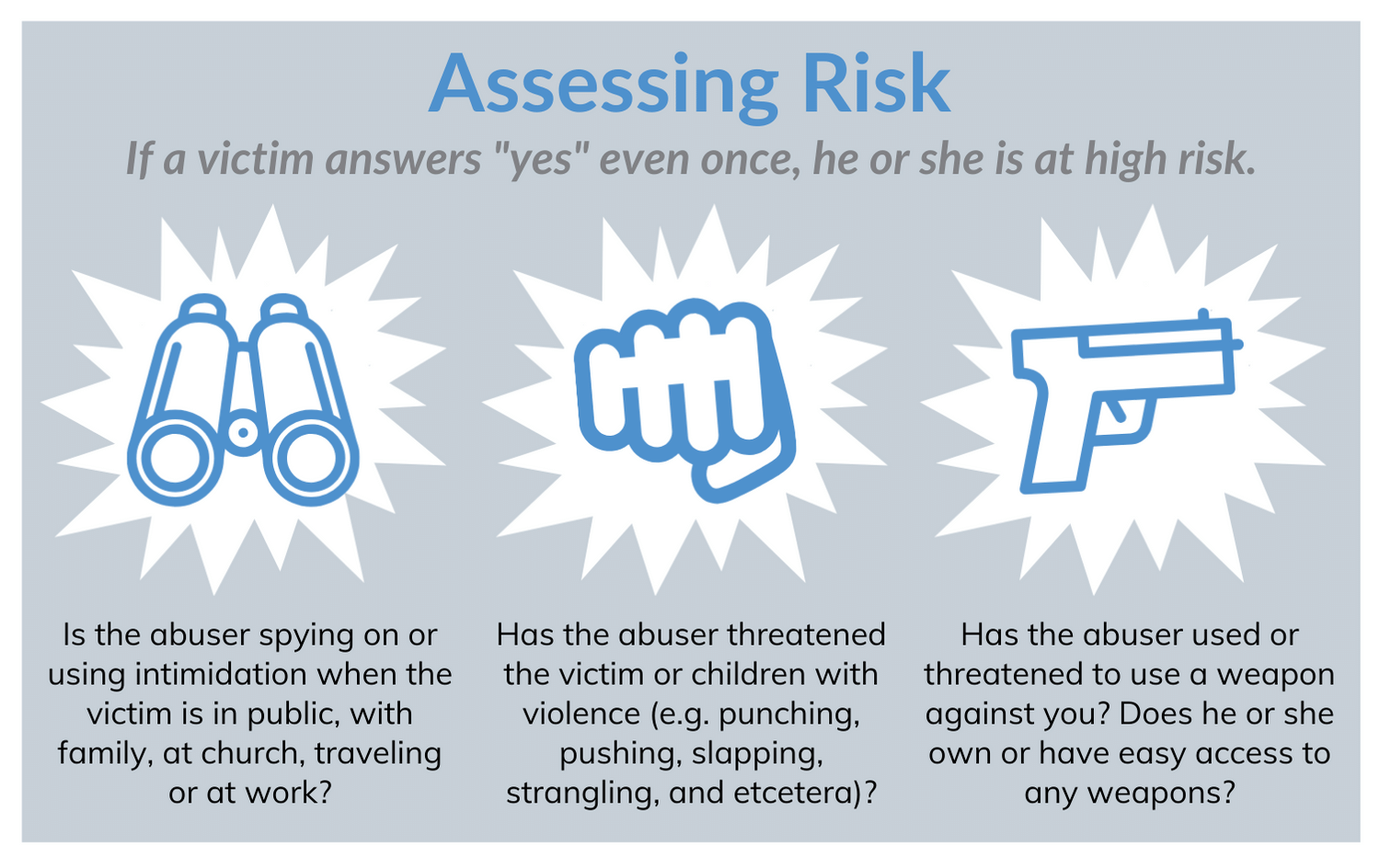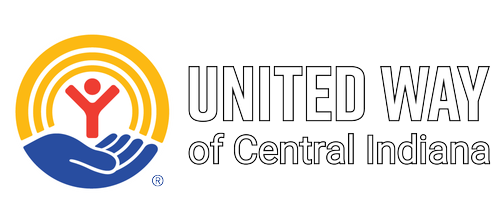We’re living in unprecedented times.
This season is affecting every family that attends our churches. They are spending more concentrated time together than perhaps ever before. This is a blessing for many. However, for those who live in unsafe homes – homes in which victims are forced to quarantine with abusers – this season puts many at high risk.
We are awaiting a spike in domestic violence reports and in the number of victims who seek emergency shelter. In Indy, we’ve already seen a tragic example of the danger of domestic violence.
Church leaders like you will be on the front line ministering to victims and their children. We want to help you prepare.
Keep reading for more information and insight.
As always, thank you for all you do to introduce people to Christ and help them grow into his image. We’re going to make it through this together.
Serving Him together,

Kevin Carr
Communications and Church Relations Officer
PS – If you’d like more info about ministering to victims in your church, register for our free, April 21 web discussion or contact me at (317) 386-5050. If someone to whom you’re ministering is being abused or needs more information, please call our 24/7 helpline at (317) 745-1496.
Church leaders, you serve a critical role in ministering to these vulnerable people. Many will disclose their abuse to you as their pastor before they reach out to anyone else. Are you ready to respond? Join us for this interactive, onlne discussion. >> Register Today
Also known as intimate partner violence, domestic abuse or relationship abuse, domestic violence is a pattern of behaviors used by one partner to maintain power and control over another partner in an intimate relationship. Abuse takes on many forms and may include any combination of physical, sexual, psychological, emotional, financial and spiritual abuse. In some cases, the abuse never includes physical violence, but the effect on victims can be every bit as severe.
Domestic violence is a problem in every community and social group. It does not discriminate by geography, ethnicity, income level, religion, gender or educational attainment.
No two cases are identical but several red flags signal someone is experiencing abuse. It is important to look for patterns of behavior that have caused the victim to change how they normally behave. Here are some signs or patterns you may notice:
- Withdrawing from activities in which they were once involved
- Becoming quiet or withdrawn around their partner
- Deferring to their partner, who speaks for them
- Avoiding certain topics or social commitments to please their partner
- Mentioning or making excuses for their partner’s temper, jealousy or possessive behaviors
- Having limited access to money or the bank account
- Demonstrating low self-esteem, especially if they used to be confident
- Becoming depressed, anxious or suicidal
If you suspect someone is experiencing abuse, remember their safety and the safety of their children is the most important thing. So be discreet. Speak with the victim privately, away from their partner and children. Understand it may be difficult and frightening to talk about the abuse they are experiencing. Assure them the abuse is not their fault and no one deserves to be abused. If a victim discloses abuse, you believe they are unsafe, but they are not ready to leave, help them create a safety plan for their protection in the event violence escalates.
If a victim is yet to disclose their abuse, begin a conversation by simply stating your concern and the reasons you are concerned. If the victim needs resources or help, remain with them and place a call to the 24/7 helpline at Sheltering Wings. The number is (317) 745-1496.


